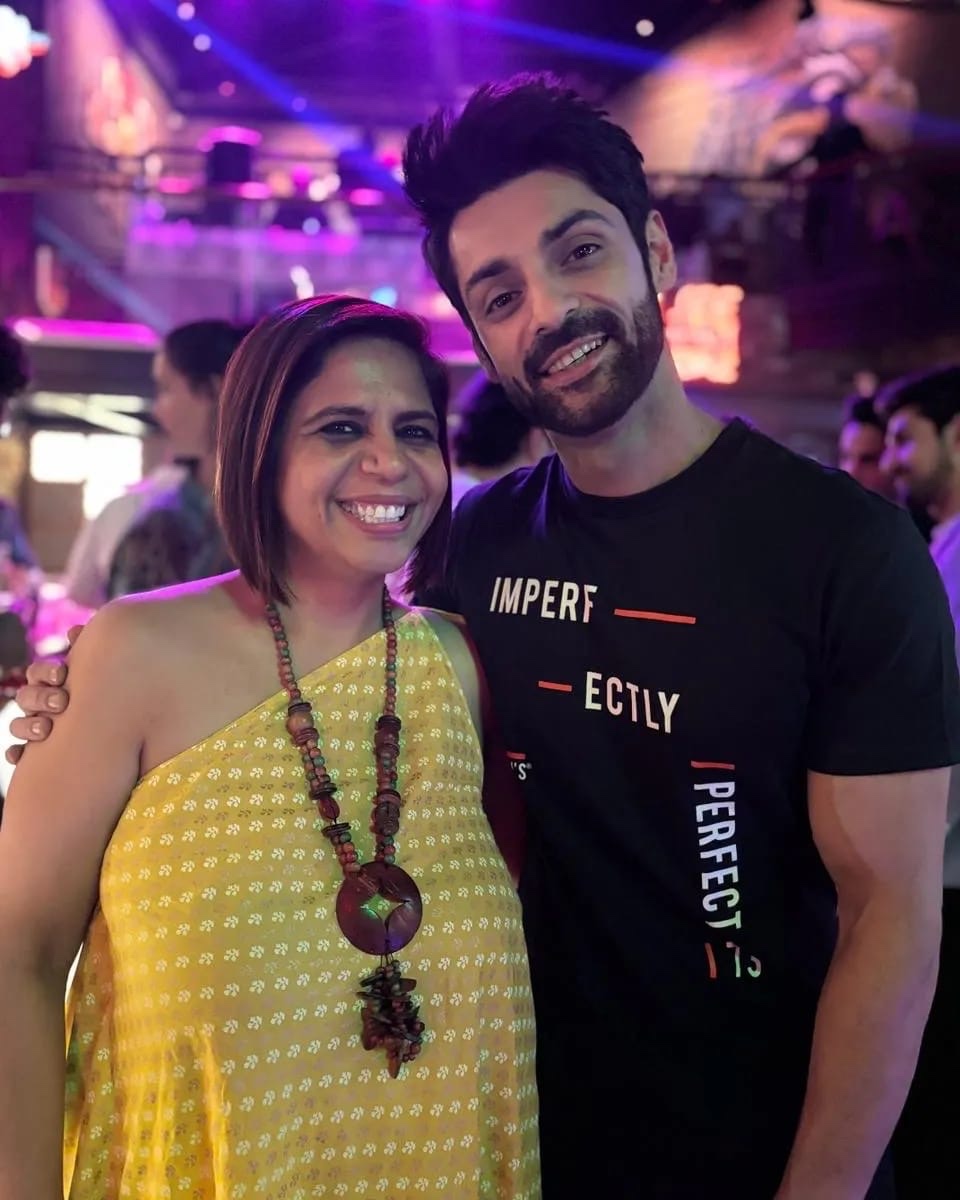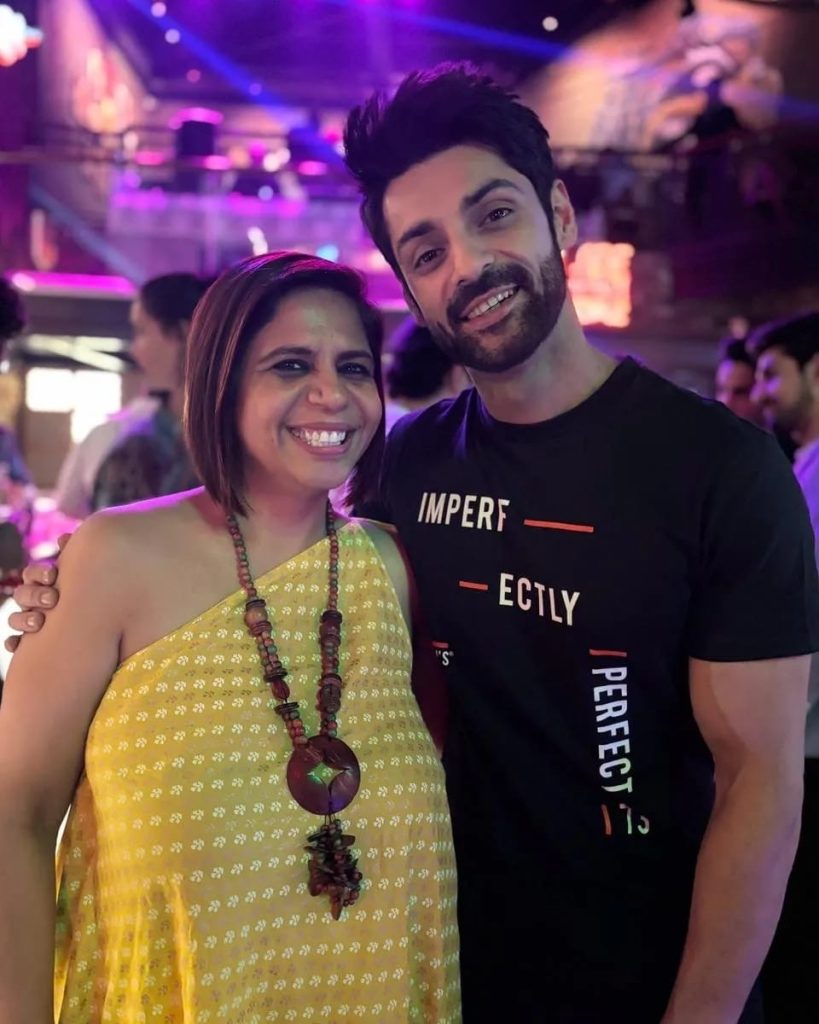Anuraadha Tewari, the writer behind “Raisinghani vs Raisinghani,” declares: “It’s already making waves!”
3 min read
The project “Raisinghani vs Raisinghani” posed a unique challenge for acclaimed writer Anuraadha Tewari, known for her work on films like Fashion and Heroine, as well as popular shows such as Seven, Yeh Meri Life Hai, and Shararat. Tewari, reflecting on her 20-year career, admits that this was the first time she found herself completely uncertain about her audience.

“This show has truly exceeded all our expectations! Initially, we embarked on this journey without a clear understanding of our target audience. It was a novel experience for me because, in all my previous projects, I’ve always had a distinct audience in mind. However, with this project, it felt like I was narrating a story to an invisible audience. So, I approached it with a focus on its structure, drawing inspiration from the client brief and SonyLiv’s objectives. I relied on my instincts and leveraged my 20 years of experience as a freelance writer. Essentially, I dove into it with unwavering faith. And to our delight, it resonated with viewers! Within its first week, and for an entire month thereafter, it consistently ranked among the Top 5 most-watched shows online. For two weeks, it even held the title of the most-viewed fiction show. It’s incredibly gratifying to witness such success!”
She affectionately refers to this show as TWEB. Discussing this innovative genre, she explains, “I truly believe I’ve introduced a new term and genre! I’ve named it TWEB because it’s distinct from traditional television content. Stories are fundamentally structured, and this structure is shaped by the cinematic language of the medium. For instance, the cinematic style of a long-running TV soap differs greatly from that of a two-hour film, which in turn differs from an 8-episode, 30-minute web series. When long-format content emerged on the web, it initially mimicked the structure of existing TV shows but retained the cinematic language of television, dubbed as ‘TV Plus Plus’. However, when I received this show, it comprised a staggering 130 episodes with a narrative backdrop that deviated significantly from typical TV conventions. Essentially, it defied the norms of television. Yet, I didn’t have the luxury of crafting a tightly-knit narrative over three years as with an 8-episode series. Faced with this challenge, I devised the next best solution: creating an entirely new genre. It incorporates the depth of character and world-building found in films, the episodic structure typical of web series, and the emotional depth of TV dramas—mediums I’ve already written for over the past 20 years. I simply found the most efficient way to blend these three elements, considering the demanding pace of writing an episode every day. And thus, TWEB was born!”
“Raisinghani vs Raisinghani is already racking up awards! It’s another delightful surprise for us! We’ve only been on the air for a month, yet we’re already making waves! Admittedly, in the world of traditional web series, a month might seem like ancient history (laughs). However, it’s clear that Jennifer Winget and Karan Wahi, our lead pair, have captured the nation’s attention with their unique ‘situationship’ and delivered performances worthy of recognition. Here’s to more success for them, and let’s hope they become as iconic as the original duo, Virat and Anushka!”
Anuraadha reflects that it was destiny that led her to this project. “I’m someone who embraces faith and believes in daily miracles. I thrive on new adventures and the spontaneity of life. I enjoy reinventing myself constantly. This show serves as a profound validation of that outlook. When Smruti Shinde, the concept creator and producer, approached me about it a year ago, my role was initially limited to creating the show bible. However, as I delved into the process step by step, I found myself deeply engaged in shaping its characters, the overarching storyline, and beyond. It organically evolved into an extension of various facets of my life, becoming a platform to articulate the stories I wished to convey. Through the character of Anushka, portrayed by Jennifer Winget, I discovered the voice of the modern Indian working woman, whose complexities often get oversimplified on screen. This was an opportunity to depict her with depth, portraying her as both powerful and yet grappling with challenges. Thus, the experience became as fulfilling as when Priyanka Chopra portrayed Meghna Mathur in my film Fashion or Kareena Kapoor Khan portrayed Mahi Arora in Heroine. In a way, it felt like the culmination of that trilogy.”





